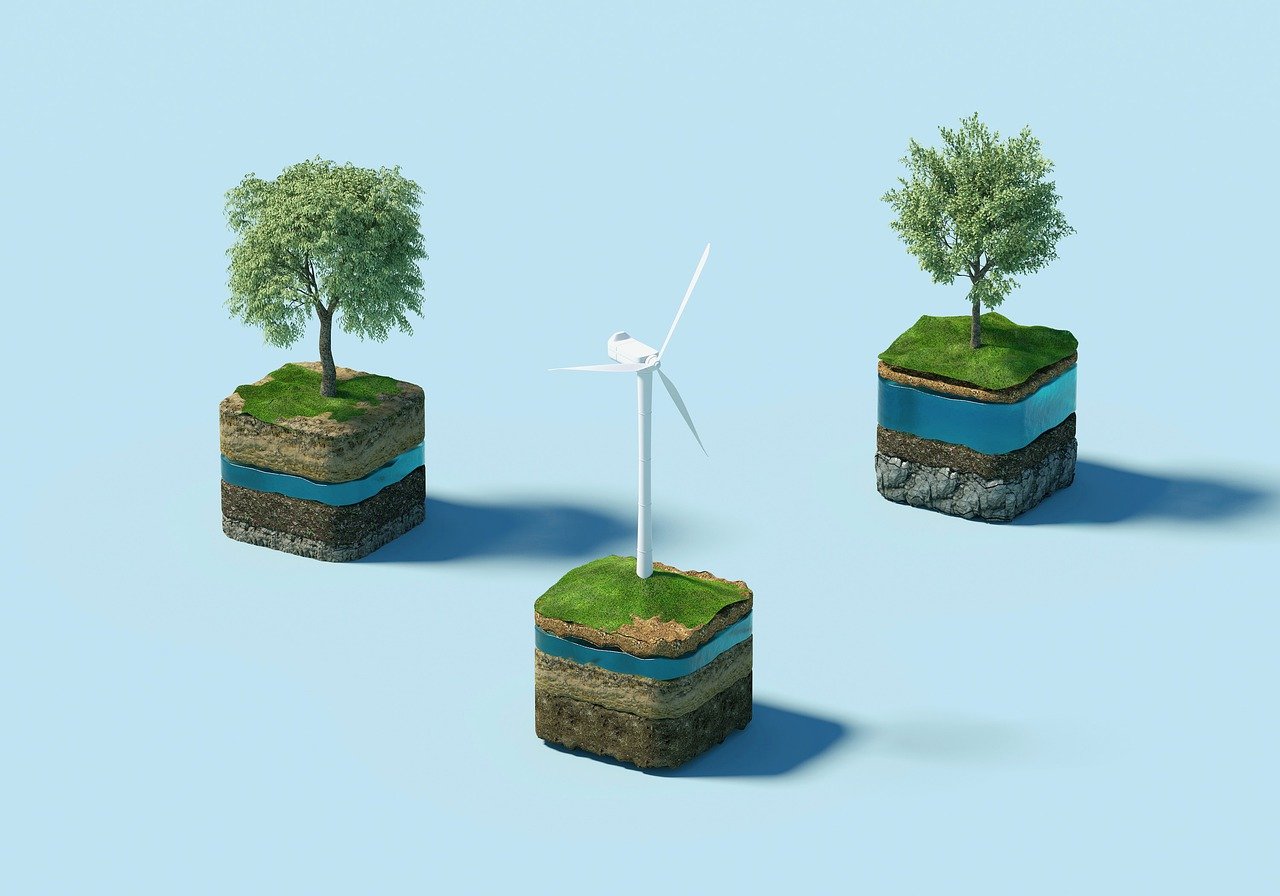The changes to our climate are now viewed to have become an emergency, and it is the responsibility of everyone to do their bit to try and save the planet. Many businesses are now starting to shoulder this burden by looking at their own impact on the environment and what they can do to reduce their carbon footprint.
Having good company ethics and green goals in place is great, but in order for this to be more than just empty promises, you need to get everyone within the business behind you. It is therefore important to encourage staff to think carefully about how the business can become more sustainable and make a positive change for the benefit of the planet.
The new year is the perfect time to bring in some changes ready for a new start, so here are a few tips on how you can encourage your employees to become more sustainable when in 2024.
Do your recycling
Most of us have become accustomed to recycling materials at home, and the same should be employed in the workplace. Ensure that there are sufficient bins dotted around that allow staff to separate their rubbish, and they can make a change without even needing to think about it.
Whilst once upon a time we only concentrated on recycling paper and cardboard, it is important to remember that much more can now be recycled including many types of plastics, food waste and even coffee grounds.
Recycled materials
These days, more and more things can be made from recycled materials, and it is good for businesses to make use of this. Buying items that come from a source that has already been used for something else means that new items do not need to be made. This stops more resources from being used, prevents items ending up in landfill and cuts down on many harmful production processes.
The number of items that are now made from recycled materials is quite surprising, so you can probably kit out most of your business from things that have already had a previous life.
One perfect example is We Print Lanyards, who have made sure that their lanyards are all made from recycled materials. As almost every business now uses lanyards, this is one easy change that anyone can make, without needing to compromise on style or quality.
Carpools
The way that staff get to and from work can have a massive impact on the environment. Whilst it is great to encourage them to walk, cycle or use public transport, this often creates a number of practicality issues that can put people off. Instead, why not try to implement a carpool scheme that allows people who live near to each other to share a car on the commute and reduce their collective emissions?
Look at suppliers
Wherever possible, it is good to look at your suppliers and think about what their green credentials are. Consider what materials they use, how far away they are and whether they offset any of their emissions. It might lead you to new suppliers who can supply the same products but with less of an impact on the environment.
Go paperless
Massive amounts of paper can be used in an office, and often it does not need to be. As most things can be stored digitally, there is little to need to send or print paper copies of anything. Ensure that you have an effective digital storage system and then encourage staff not to print unless they absolutely have to. Try putting signs above printers, scanners and photocopiers to encourage them to think twice about wasting paper.
Offset
Whilst we would all like to produce zero emissions, this is very hard to achieve in reality. However, it is possible to calculate what your emissions are and then put plans in place to offset them. There are number of projects in place that will allow you to offset what you do through planting trees, investing in renewable energy or helping to manage green spaces.
Remote working
Before the COVID-19 pandemic, very few people were ever able to work from home, but the various lockdowns changed all of this, and it is now commonplace in many businesses. If you are able to support employees to be able to work from home, then it can be advantageous for the environment.
It will not only cut out the emissions of the daily commute, but it can also mean that the business is using less energy, and therefore burning fewer fossil fuels. Even though employees will be using energy at home, it is believed that the impact will be far smaller.
Reuse or donate
We all live a disposable life these days, with many perfectly serviceable items ending up in the bin simply because we do not need them anymore. It is therefore important to encourage employees to look for ways in which they can reuse items. For example, defective products could be scrapped and remade, coffee grounds can be used in compost and boxes that you receive deliveries in can be used to send your own items.
Sometimes you might not be able to find a use for something, but other people might. It is therefore worth considering donating items that are in good condition to organisations that need them. This could be specialised items from places such as the construction industry, or simply donating excess office supplies to local schools.
Soft furnishings that are no longer needed would be well received by refuges, and clothes or bags are always in demand by homeless charities. After all, one mans trash is another man’s treasure.
A business can only truly deliver on goals for sustainability if it has all employees pulling in the same direction. For 2024, put systems in place that can help your staff to think about their actions towards the environment and make it easy for them to make the changes that are necessary – there might be more of them than you think.


